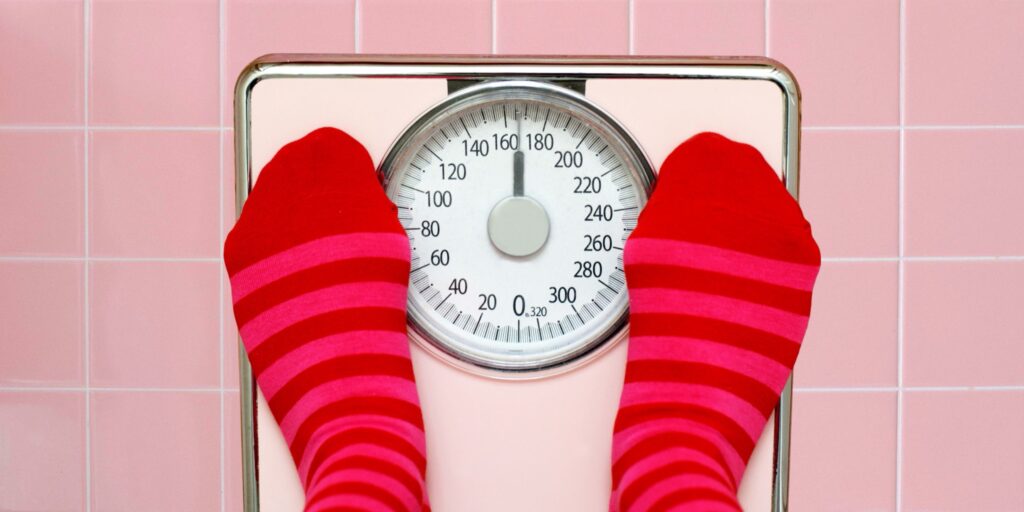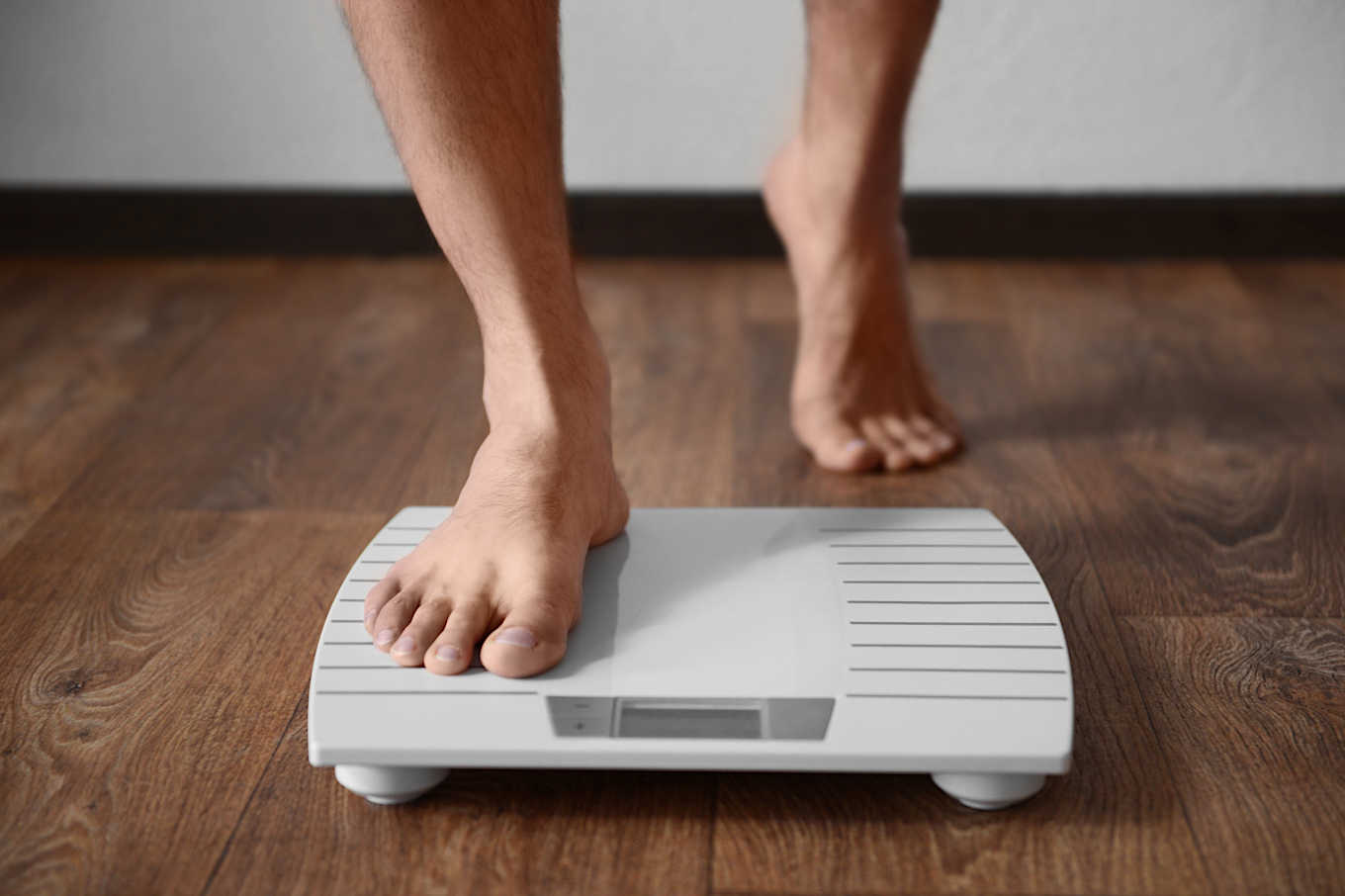
Stepping onto the scale can evoke various expectations, whether it’s weight loss, gain, or maintenance. However, the number on the scale is a dynamic measure influenced by factors like daily food intake, water retention, and bodily functions. While the scale is not the sole indicator of health, it can serve as a valuable tool for tracking progress.
For the most accurate results, experts recommend weighing yourself first thing in the morning, after using the restroom and before consuming breakfast or water. This timing allows your body to digest the previous day’s intake, providing a baseline reading with a relatively empty stomach.
To enhance the accuracy of your weight measurements, consider these tips:
- Weigh yourself once a week at the same time of day.
- Place your scale on a solid, flat surface for stability.
- Stand barefoot on the scale, distributing your weight evenly between both feet.
- Wear minimal clothing during weigh-ins, maintaining consistency for each measurement.
Despite these guidelines, it’s essential to recognize when your relationship with the scale turns unhealthy. If weighing yourself triggers negative thoughts, encourages unsafe habits, or leads to regular anxiety or sadness, it might be time to consider a break from the scale. Additionally, individuals with a history of or susceptibility to eating disorders should approach scale use with caution. Ultimately, your well-being should take precedence over the numbers on the scale, and breaking up with it may be a positive step towards a healthier mindset.




